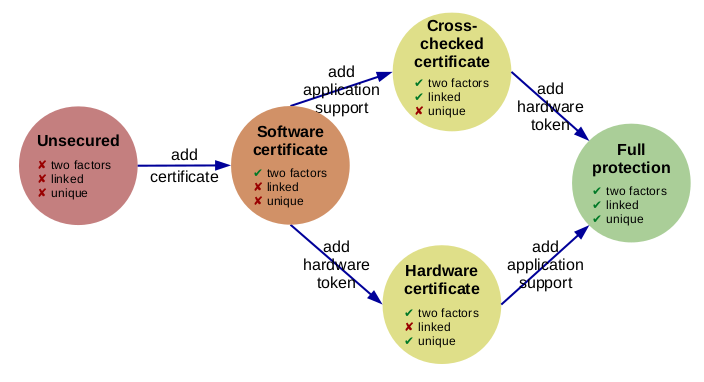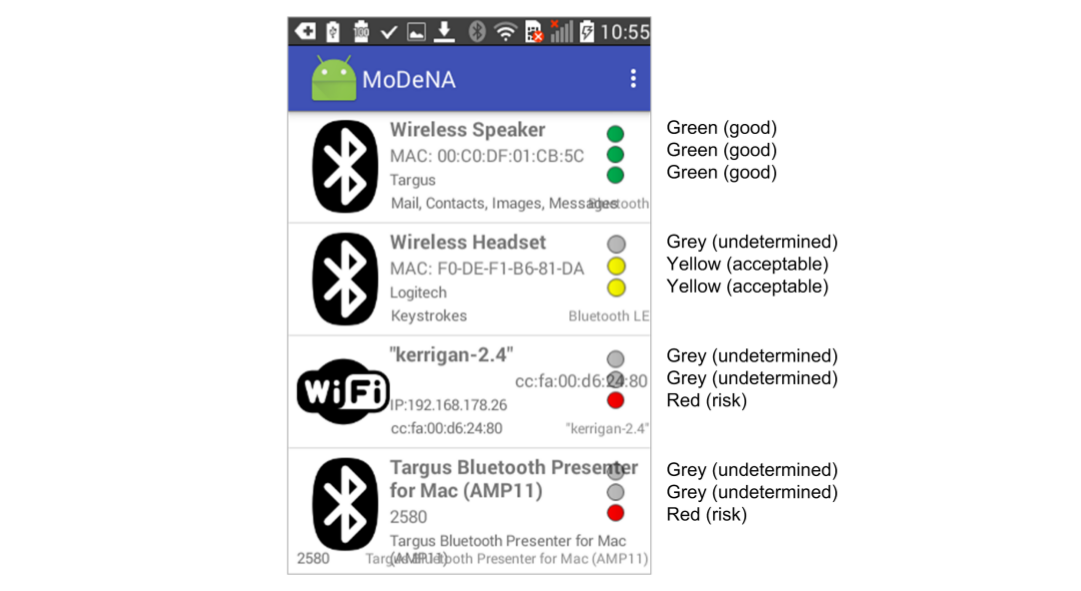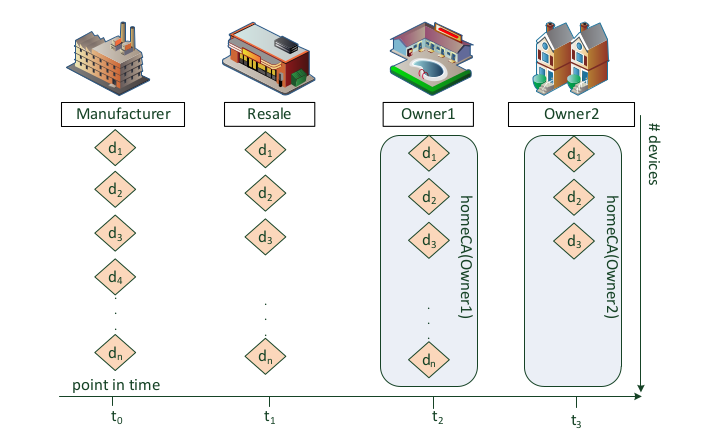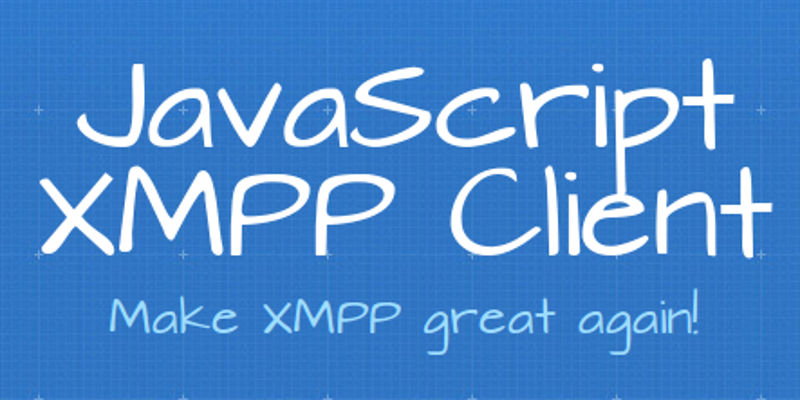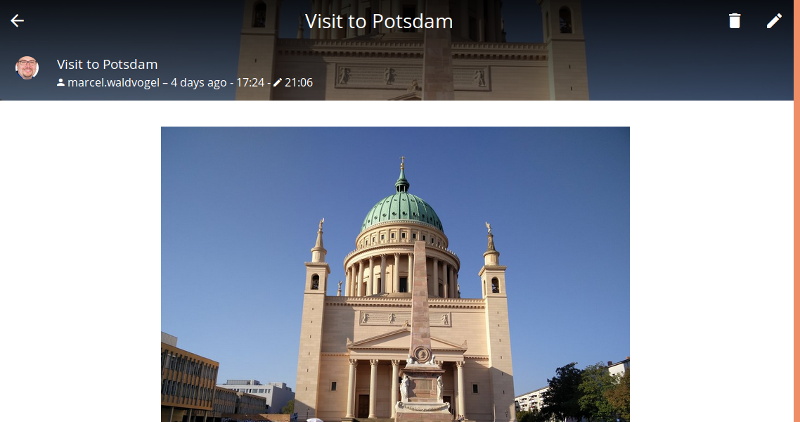-
DNSSEC made easy: Converting an existing DNS zone to Inline signing with BIND

DNSSEC — the security extensions to the trusty Domain Name System (DNS) upon which almost all Internet transactions rely — is often considered hard to set up. My own setup has been very dated, using complicated scripts which needed to run after every change to the zone file. There was time to change this. Modern…
-
DDoS: What we can do to prevent it

Distributed Denial of Service, DDoS for short, is the shooting star in today’s Internet nightmare gallery. Here is a quick overview over what each and everyone of us can do to prevent his. And some hints at manufacturers and researchers.
-
One Page CV Template

One-Page CVs are a common way of getting attention. Services like enhanCV.com allow you to create them online, even autofilling some information from your social network presences, if you want to. Using those online services is not always the best choice, as you might
-
XMPP: Chat with a Future

XMPP is the Extensible Messaging and Presence Protocol standardized by the IETF. This standard provides the framework for doing anything you want to do with chat, and more. Why is XMPP (formerly known as Jabber) not the mainstream chat protocol? Actually it is. It is the most secure messaging standard: battle-tested, independent, and privacy-focused. And…


